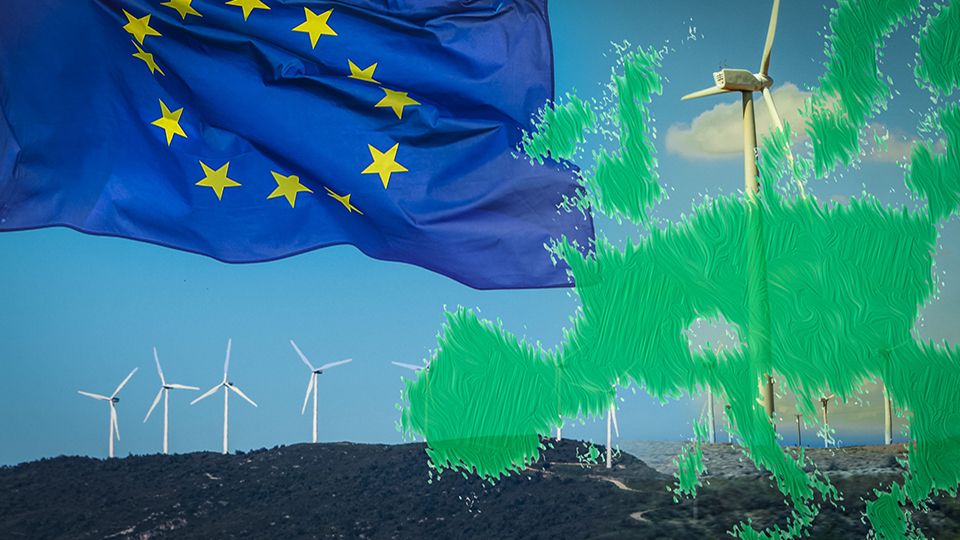Investors should benefit from new European Union support for green subsidies, according to global law firm Norton Rose Fulbright.
In the article EU scales up green subsidies – how you can benefit from new support for clean investments – which comes on the back of the EC’s adoption of changes to its state aid framework supporting the Net Zero Plan, first adopted a year ago – the firm outlined the relevant pieces of legislation and regulations that have come into force.
It argued the Net Zero Plan was a response to the US’s Inflation Reduction Act, calling its inception a reply “to increasing economic competition between trading blocs in the context of the limited supply of raw materials and products necessary for the transition to a net-zero economy”.
The article also outlined the four pillars of the Net Zero Plan: a predictable and simplified regulatory environment, faster access to sufficient funding, building and enhancing skills for the net-zero transition, and open trade for resilient supply chains.
“Given the EU will never be self-sufficient, diversification of supply – as required under the Critical Raw Materials Act – will require imports from a broader set of countries,” wrote the report’s authors. “To this end, the EC intends to partner with emerging and developing economies within the framework of its Global Gateway Strategy, and to establish a Critical Raw Materials Club (to connect resource-rich countries with large EU consumers of strategic raw materials, and pool investments to enhance supply chains). While is not clear which countries would join the Club, the EC is expected to try to include many emerging economies from Latin America and Africa.”
Diversify supply
Norton Rose Fulbright also expected the EC would continue to engage with other countries in its efforts to diversify its supply of critical raw materials, noting: “To that end, the EU will intensify efforts to conclude free trade agreements with Australia, India, Indonesia, and Mexico. It established Strategic Partnerships with Canada and Ukraine in 2021, and with Kazakhstan and Namibia in 2022.”
The vagaries of the Inflation Reduction Act and the European response to it have been frequently covered on ESG Clarity and Expert Investor. At the start of last year, for example, we wrote about how the US and the continent-wide trading bloc had reached “common ground”.
Back then, the European Commission president lauded the fact that the “two biggest and most-advanced economies in the world are now moving in the same direction”, leading her to “welcome the Inflation Reduction Act for its massive investment in clean tech”.
This article first appeared on sister site Expert Investor.








